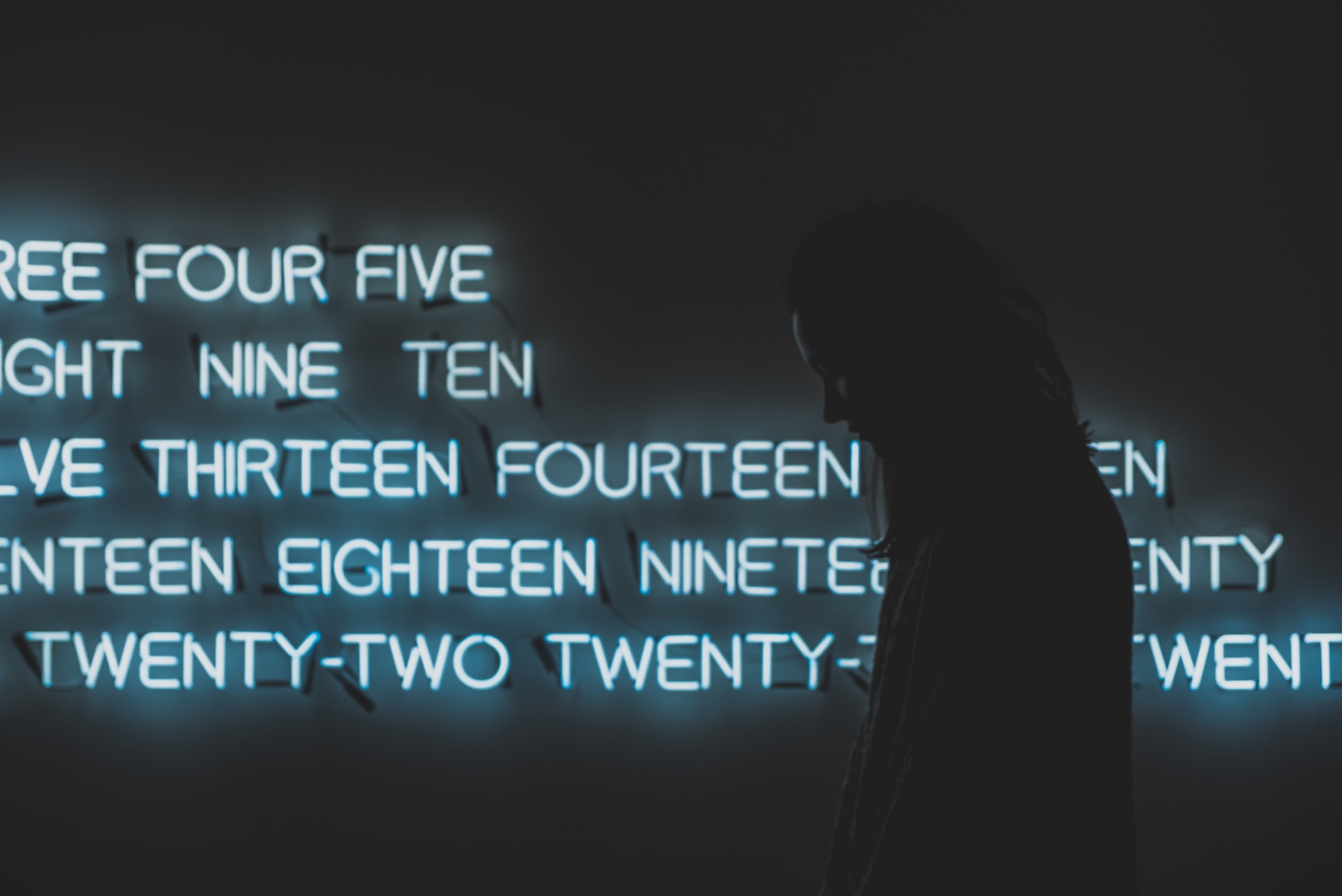The question of when and how to use numerals in your manuscript is a complicated one, no 2 ways about it. Wait, 2? Two? Let’s dive into these murky waters and try to find some clarity.

A reader writes to ask:
I was searching through the site, as I often do when I want an opinion on formatting, and I did not see info for numbers, specifically whether to spell out or use numerals in the body of the text. It seems like numbers should be spelled out unless they’re part of something that we just really, really anticipate the use of numerals--like time, money, addresses, phone numbers or years. Do you have a list of what editors want in numerals, as well as any other insight into this topic?
The question of how to render numbers in text is complicated. When it comes to the finer details, you’ll probably find as many different opinions as there are editors. Still, with the ultimate goal of making your text as readable as possible, here are some points on which most sources agree.
In narrative text, you should generally spell out small numbers but use numerals for larger numbers. The Chicago Manual of Style suggests spelling out numbers from zero to one hundred, though other style guides might specify ten or twelve as the upper cutoff. Here’s an example:
Only seven people showed up for the reading, despite the 165 invitations that were sent.
Round multiples of numbers in the target range should generally be spelled out too. For instance, you’d write:
eleven hundred books
forty million trees
but use numerals for these more precise values:
375,247 registered voters
201,958,386 possible permutations
A combination of both styles would be appropriate for cases that straddle the fence:
674 million light-years
200 billion people
Years, phone numbers, addresses, and the like should be written with numerals, as you say, though how to render time and money probably depends on the context. On the one hand, I might write:
Molly, running late, wasn’t sure she’d make it by one-thirty. She decided it was worth ten dollars to grab a cab.
But I might equally well write:
At precisely 10:17 a.m., Molly settled her bill and left the diner. She tucked the $13.63 receipt into a pocket of her bag. Jack would damn well reimburse her.
One exception to these guidelines comes when a number falls at the beginning of a sentence. In this case, for the sake of readability, the general rule is to spell the number out, even if it’s a date:
He tasted the wine and nodded. Nineteen sixty-seven was a very good year, he decided.
If that seems too awkward, rewrite the sentence so the number doesn’t come first:
He decided 1967 was a very good year.
Another exception comes in dialog, where all numbers are generally spelled out:
Molly told the cabbie, “Take me to Forty-second Street.”
Contrast that with the same information written in narrative text:
Molly told the cabbie to take her to 42nd Street.
Still, there are exceptions even to this exception. Years, phone numbers, and names that include numbers are usually written with numerals in dialog, for the sake of clarity:
“I’ve been at 3M since 1986,” he said.
“That sounds better than 7-Eleven.”
“I wouldn’t know. So, do you prefer 50 Cent or Andre 3000?”
To sum up, I’d tell you to apply these suggestions as consistently as you can, but also to let your sense of what’s most appropriate for the context guide your choices. I wouldn’t agonize too much over whether or not you’re doing things “right.” Unless your work is littered with numbers, this is probably not an issue that’s going to mean the difference between acceptance and rejection. Your job is to use good sense and smooth the way for your eventual editors, not necessarily to be perfect.
Still, if you’re deeply concerned about the topic and you have access to The Chicago Manual of Style, you might want to consult the chapter on numbers. It goes deep into the weeds on most every strange situation you might encounter. On this topic, however, even that great resource admits, “Sometimes the goal of consistency must give way to readability” (CMOS 17, 9.1).

